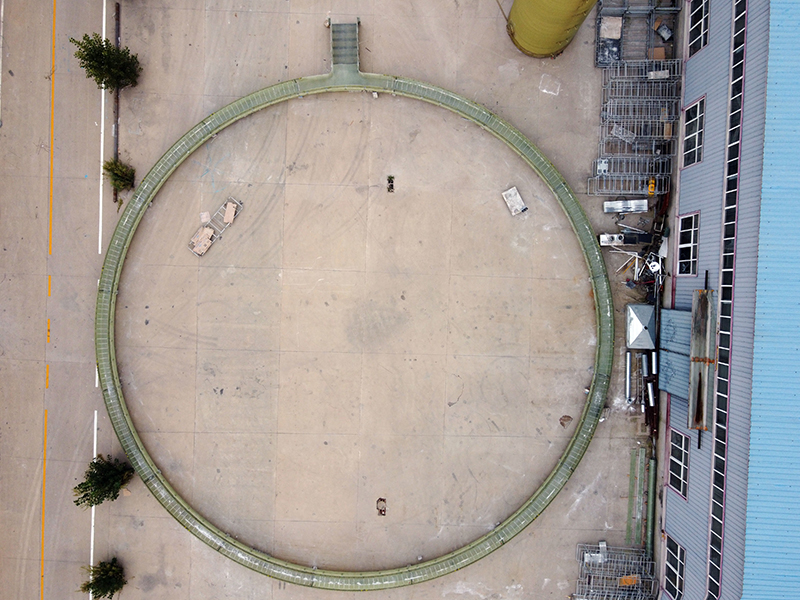
-
 Afrikaans
Afrikaans -
 Albanian
Albanian -
 Amharic
Amharic -
 Arabic
Arabic -
 Armenian
Armenian -
 Azerbaijani
Azerbaijani -
 Basque
Basque -
 Belarusian
Belarusian -
 Bengali
Bengali -
 Bosnian
Bosnian -
 Bulgarian
Bulgarian -
 Catalan
Catalan -
 Cebuano
Cebuano -
 China
China -
 China (Taiwan)
China (Taiwan) -
 Corsican
Corsican -
 Croatian
Croatian -
 Czech
Czech -
 Danish
Danish -
 Dutch
Dutch -
 English
English -
 Esperanto
Esperanto -
 Estonian
Estonian -
 Finnish
Finnish -
 French
French -
 Frisian
Frisian -
 Galician
Galician -
 Georgian
Georgian -
 German
German -
 Greek
Greek -
 Gujarati
Gujarati -
 Haitian Creole
Haitian Creole -
 hausa
hausa -
 hawaiian
hawaiian -
 Hebrew
Hebrew -
 Hindi
Hindi -
 Miao
Miao -
 Hungarian
Hungarian -
 Icelandic
Icelandic -
 igbo
igbo -
 Indonesian
Indonesian -
 irish
irish -
 Italian
Italian -
 Japanese
Japanese -
 Javanese
Javanese -
 Kannada
Kannada -
 kazakh
kazakh -
 Khmer
Khmer -
 Rwandese
Rwandese -
 Korean
Korean -
 Kurdish
Kurdish -
 Kyrgyz
Kyrgyz -
 Lao
Lao -
 Latin
Latin -
 Latvian
Latvian -
 Lithuanian
Lithuanian -
 Luxembourgish
Luxembourgish -
 Macedonian
Macedonian -
 Malgashi
Malgashi -
 Malay
Malay -
 Malayalam
Malayalam -
 Maltese
Maltese -
 Maori
Maori -
 Marathi
Marathi -
 Mongolian
Mongolian -
 Myanmar
Myanmar -
 Nepali
Nepali -
 Norwegian
Norwegian -
 Norwegian
Norwegian -
 Occitan
Occitan -
 Pashto
Pashto -
 Persian
Persian -
 Polish
Polish -
 Portuguese
Portuguese -
 Punjabi
Punjabi -
 Romanian
Romanian -
 Russian
Russian -
 Samoan
Samoan -
 Scottish Gaelic
Scottish Gaelic -
 Serbian
Serbian -
 Sesotho
Sesotho -
 Shona
Shona -
 Sindhi
Sindhi -
 Sinhala
Sinhala -
 Slovak
Slovak -
 Slovenian
Slovenian -
 Somali
Somali -
 Spanish
Spanish -
 Sundanese
Sundanese -
 Swahili
Swahili -
 Swedish
Swedish -
 Tagalog
Tagalog -
 Tajik
Tajik -
 Tamil
Tamil -
 Tatar
Tatar -
 Telugu
Telugu -
 Thai
Thai -
 Turkish
Turkish -
 Turkmen
Turkmen -
 Ukrainian
Ukrainian -
 Urdu
Urdu -
 Uighur
Uighur -
 Uzbek
Uzbek -
 Vietnamese
Vietnamese -
 Welsh
Welsh -
 Bantu
Bantu -
 Yiddish
Yiddish -
 Yoruba
Yoruba -
 Zulu
Zulu
fiberglass launder
The Versatility and Benefits of Fiberglass Launders in Modern Industries
Fiberglass launders have emerged as a vital component in various industries, particularly in wastewater treatment, mineral processing, and chemical manufacturing. As the world increasingly focuses on sustainable practices and efficient resource management, the adoption of fiberglass products like launders has seen significant growth. This article explores the advantages of fiberglass launders, their applications, and why they are becoming the preferred choice over traditional materials.
What Are Fiberglass Launders?
Fiberglass launders are specialized channels used for transporting liquids, particularly in settings where durability and corrosion resistance are critical. Made from a composite material of glass fibers and resin, fiberglass launders offer superior strength-to-weight ratios compared to metals or concrete. This makes them an ideal choice for various applications, especially where environmental conditions are harsh.
Advantages of Fiberglass Launders
1. Corrosion Resistance One of the primary advantages of fiberglass launders is their exceptional resistance to corrosion. Many industrial processes involve the transport of aggressive chemicals or wastewater containing abrasive particles. Traditional materials like steel or concrete may degrade over time, leading to leaks, increased maintenance costs, and potential environmental hazards. Fiberglass launders, however, resist the corrosive effects of most chemicals, extending their lifespan and reducing the need for frequent replacements.
2. Lightweight and Easy to Install Fiberglass is significantly lighter than concrete and metal, making transportation and installation easier. This advantage translates to lower labor costs and less machinery needed for installation. The lightweight nature of fiberglass also means that it can be mounted in various configurations, adapting seamlessly to the specific needs of a facility.
3. Cost-Effectiveness While the initial investment in fiberglass launders might be higher than that of traditional materials, the long-term savings are substantial. Reduced maintenance and replacement costs, combined with lower installation expenses, make fiberglass a cost-effective option over its lifespan. Furthermore, the efficiency of fiberglass launders translates to better overall system performance, which can lead to further cost savings in operational expenditures.
fiberglass launder

4. Design Flexibility Fiberglass launders can be custom-designed to fit specific applications. Whether for a wastewater treatment plant, a mining operation, or a chemical processing facility, fiberglass can be molded into various shapes and sizes. This flexibility allows engineers to create systems that optimize flow rates and reduce turbulence, enhancing efficiency and effectiveness.
5. Environmental Impact In a world increasingly focused on sustainability, fiberglass’s long life cycle and recyclability offer significant environmental benefits. By reducing the frequency of replacements and minimizing the likelihood of leaks, fiberglass launders can contribute to cleaner industrial processes. Additionally, many fiberglass products are manufactured using sustainable practices, further supporting green initiatives.
Applications of Fiberglass Launders
Fiberglass launders are utilized in various sectors
- Wastewater Treatment In municipal and industrial wastewater treatment plants, fiberglass launders are essential for handling sludge and effluent. - Mineral Processing Fiberglass launders are often used in the flotation process, where minerals are separated from ores. Their corrosion resistance and lightweight nature make them perfect for this application. - Chemical Manufacturing The chemical industry benefits from fiberglass launders that can withstand harsh substances without degrading.
Conclusion
In summary, fiberglass launders represent a significant advancement in materials technology, offering a range of advantages that make them suitable for diverse industrial applications. With their durability, resistance to corrosion, cost-effectiveness, and design flexibility, fiberglass launders are becoming an essential element in modern industry. As companies prioritize sustainability and efficiency in their operations, the use of fiberglass products is likely to continue growing, marking a shift towards more robust and environmentally friendly practices. As industries evolve, embracing innovations like fiberglass launders will be key to meeting future challenges.









